La University of California San Diego, está ubicada en La Jolla, una de las áreas de mayor poder adquisitivo de EE.UU. San Diego es conocida por su fantástico clima y sus extensas playas de arena, donde practicar el Surf, Vela, Scuba Dive, Windsurf y también por sus espléndidos campos de Golf.
Su emplazamiento natural y su clima hacen de San Diego una interesante ciudad para estudiar en el extranjero durante un largo período de tiempo. UCSD es una prestigiosa universidad americana que ofrece, durante el verano, una amplia variedad de cursos sobre temas muy variados y de gran calidad, conocidas como University of California San Diego Summer Sessions. Se trata de una Universidad que ofrece un ambiente ideal para estudiar en Estados Unidos. Las UCSD Summer Session ofrecen cursos de 5 semanas de duración
La University of California San Diego, está ubicada en La Jolla, una de las áreas de mayor poder adquisitivo de EE.UU. San Diego es conocida por su fantástico clima y sus extensas playas de arena, donde practicar el Surf, Vela, Scuba Dive, Windsurf y también por sus espléndidos campos de Golf.
Su emplazamiento natural y su clima hacen de San Diego una interesante ciudad para estudiar en el extranjero durante un largo período de tiempo. UCSD es una prestigiosa universidad americana que ofrece, durante el verano, una amplia variedad de cursos sobre temas muy variados y de gran calidad, conocidas como University of California San Diego Summer Sessions. Se trata de una Universidad que ofrece un ambiente ideal para estudiar en Estados Unidos. Las UCSD Summer Session ofrecen cursos de 5 semanas de duración
Duración de 5 semanas
Sesión 1: del 1 de julio al 3 de agosto
Sesión 2: del 5 de agosto al 1 de septiembre
En campus M.P.
Cursos Summer Sessions
Nivel de idioma avanzado. TOEFL iBT 95, CAE C1 190, IELTS 7.0, CEFR C1, Duolingo 115.
Cursos
Elección de 1 o 2 cursos entre las siguientes áreas. En las sesiones de 6 o 8 semanas, un mínimo de 2 cursos.
Consultar el área que más interesa para ver los distintos cursos que se imparten en cada sesión.
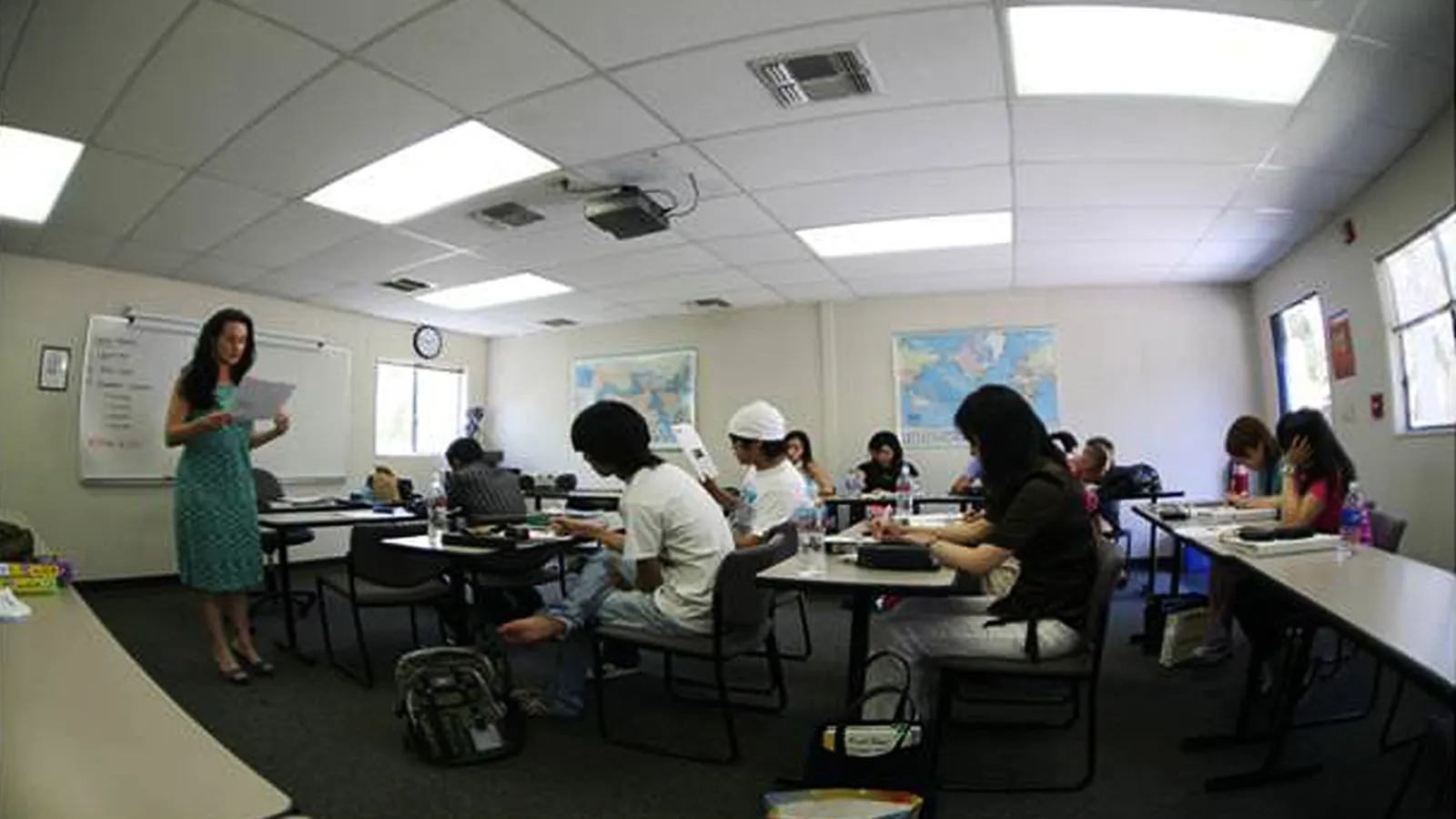

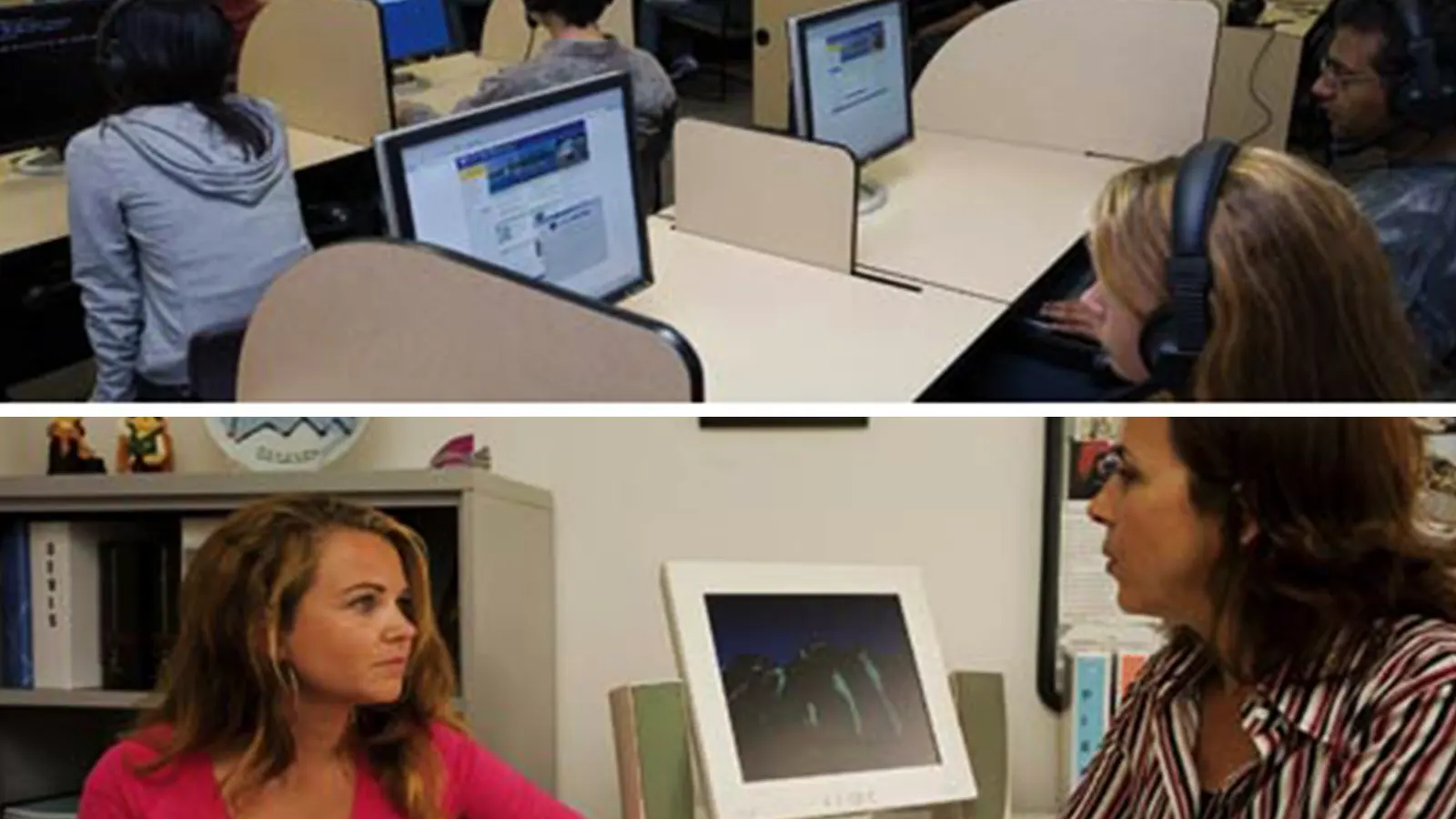
Centro de estudios
UCSD University of California San Diego
Las Summer Sessions se imparten en el campus de UC San Diego. Bien equipado y ubicado en La Jolla, una de las zonas de San Diego con mayor poder adquisitivo. El campus de la universidad de San Diego es un lugar ideal para estudiar, practicar deportes y disfrutar de la ciudad.
Además, los estudiantes pueden disfrutar de todas las instalaciones del campus y vivir con estudiantes americanos que también cursan asignaturas de Summer Sessions. UCSD cuenta con una gran cantidad de instalaciones deportivas al aire libre:
Why choose UC San Diego?
UCSD, a Great University:
San Diego, a Great Location:
Student Health Services on Campus:
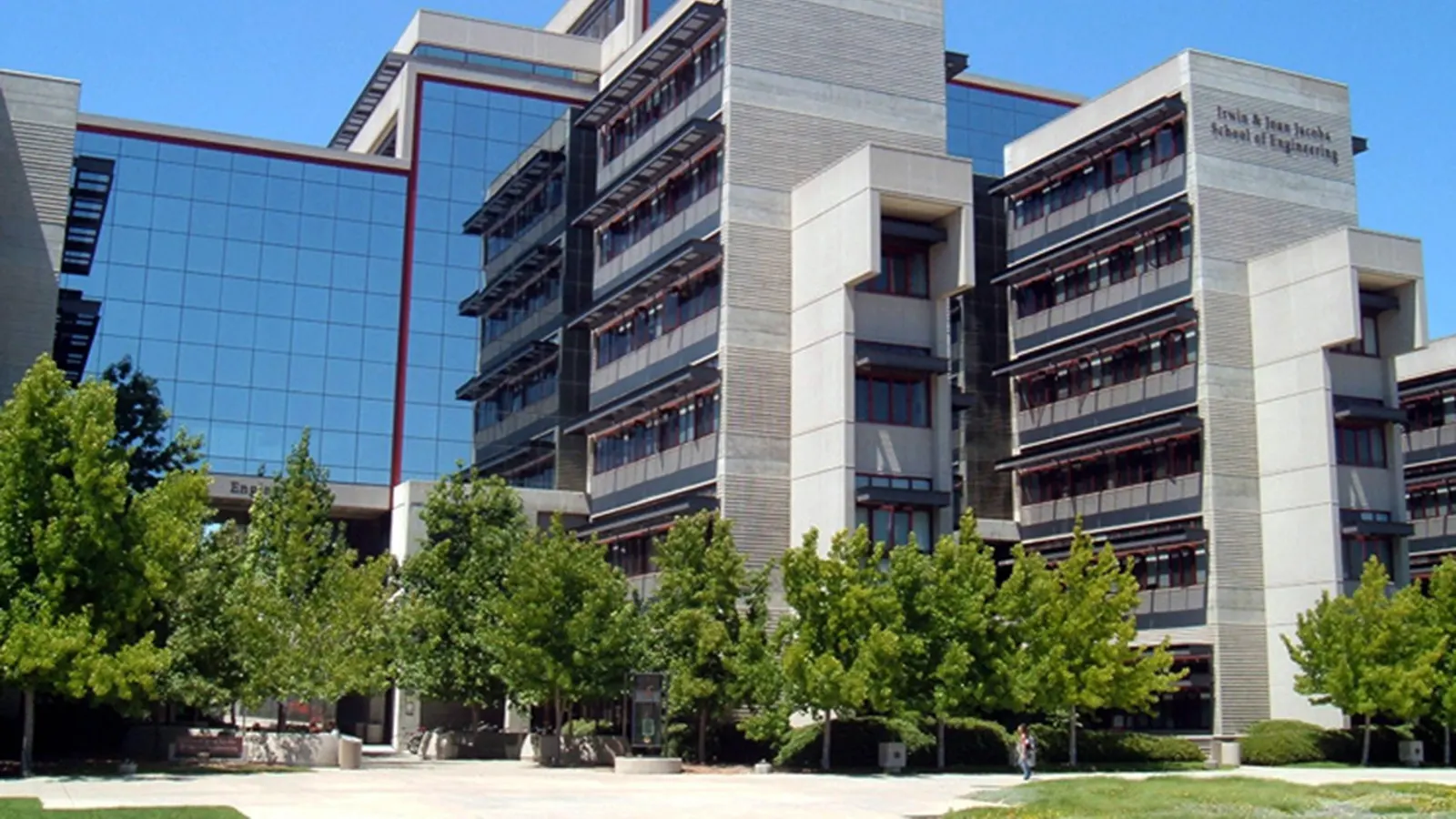
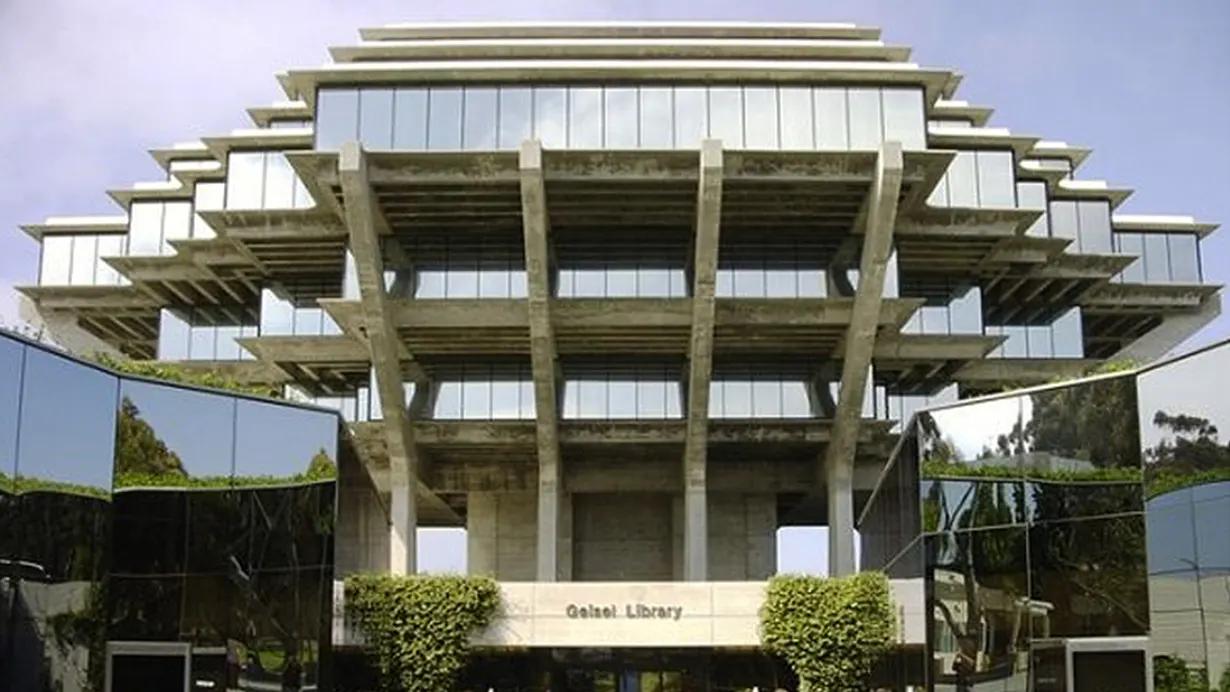
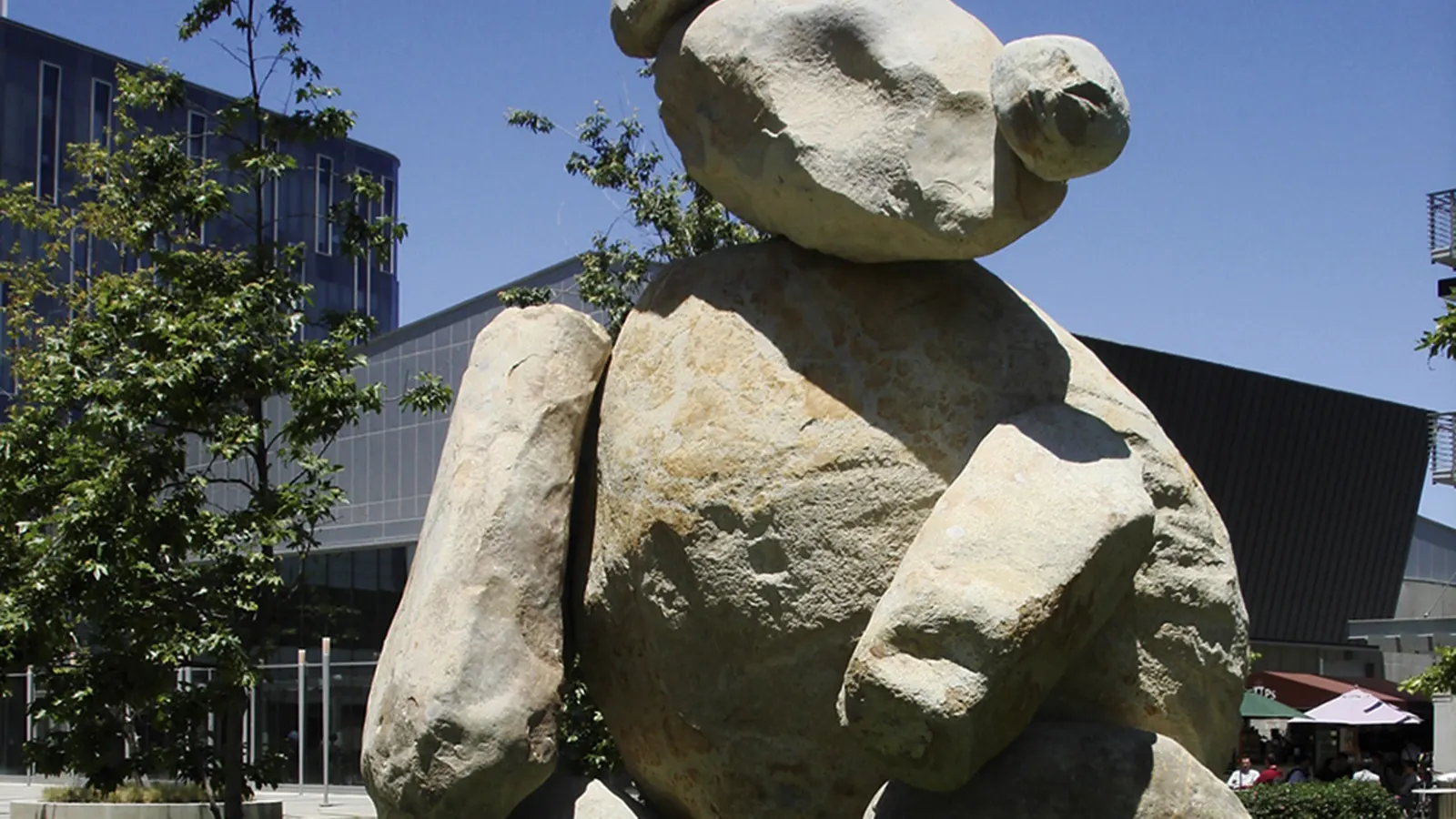
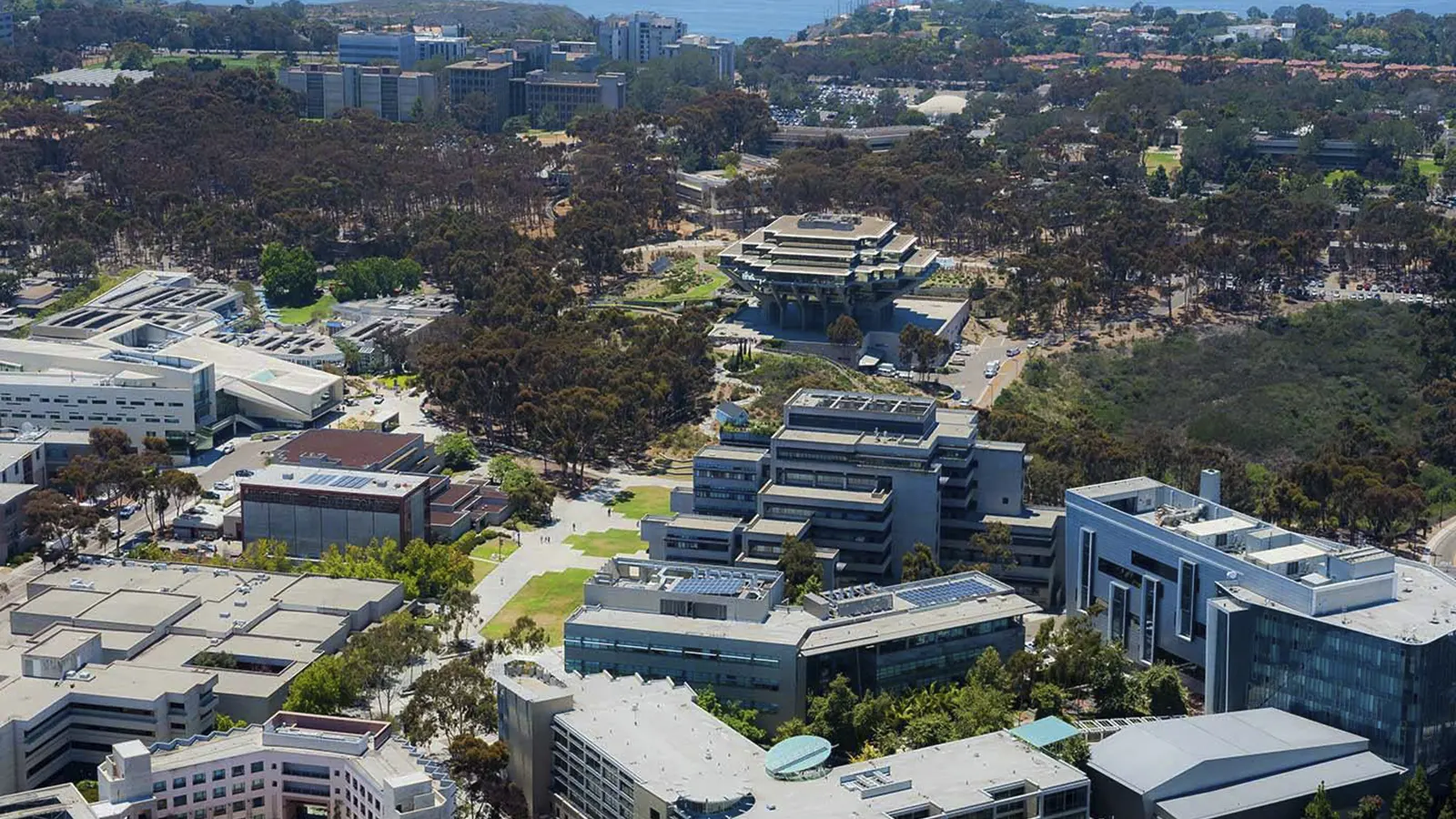
Localización
El mapa muestra la zona, no la ubicación exacta.
Alojamiento
Actividades
Actividades para los cursos en University of California San Diego
To help you make the most out of your stay, we organize a great variety of afternoon and evening activities and weekend excursions to nearby attractions. These acivities provide opportunities to meetAmerican students and to go on excursions to nearby attractions: Welcome Party, Disneyland, San Diego Zoo, Magic Mountain, Universal studios, Whale Watching, Conversation Café
Weekend trips include visits to Disneyland or universal Studios, whales watching and baseball game. You also have opportunities to meet American students through our monthly Conversation Café. Some activities are free of charge but some others are not.
UC San Diego Sport and Events
While studying at UCSD, you can take advantage of all the UCSD campus has to offer. UCSD is great for outdoor activities and has one of the most comprehensive sports facilities among San Diego schools:
San Diego Attractions
Year-round mild climate, beautiful beaches, and proximity to many other California attractions make San Diego the ideal location for a variety of leisure activities such us:
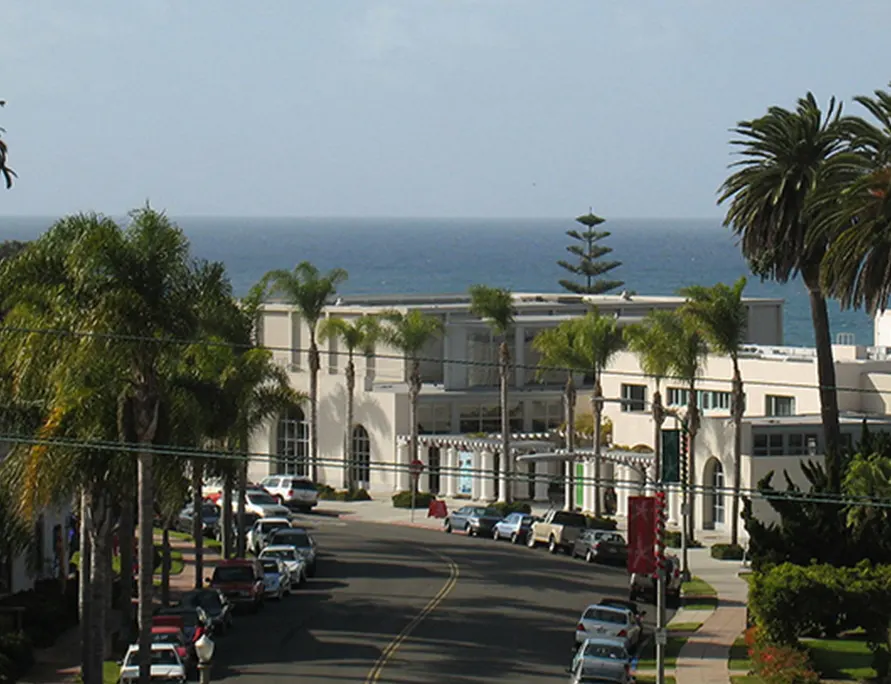
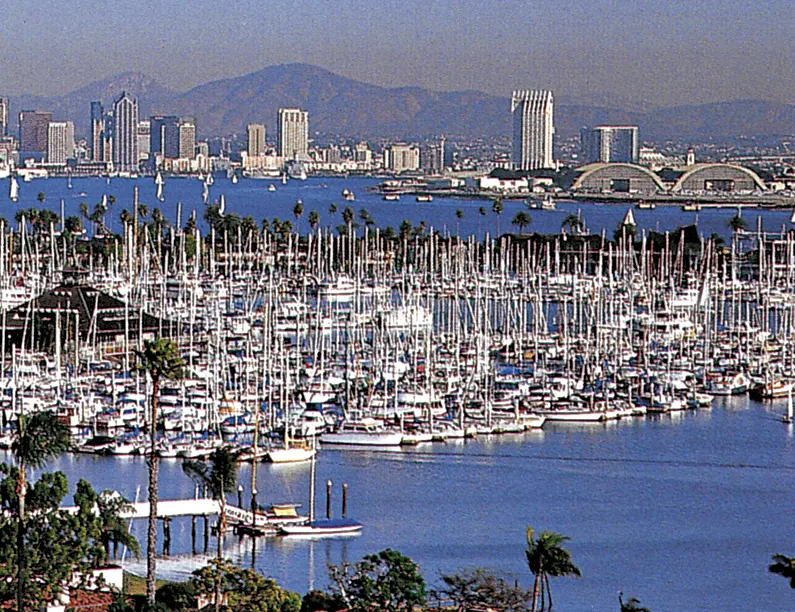
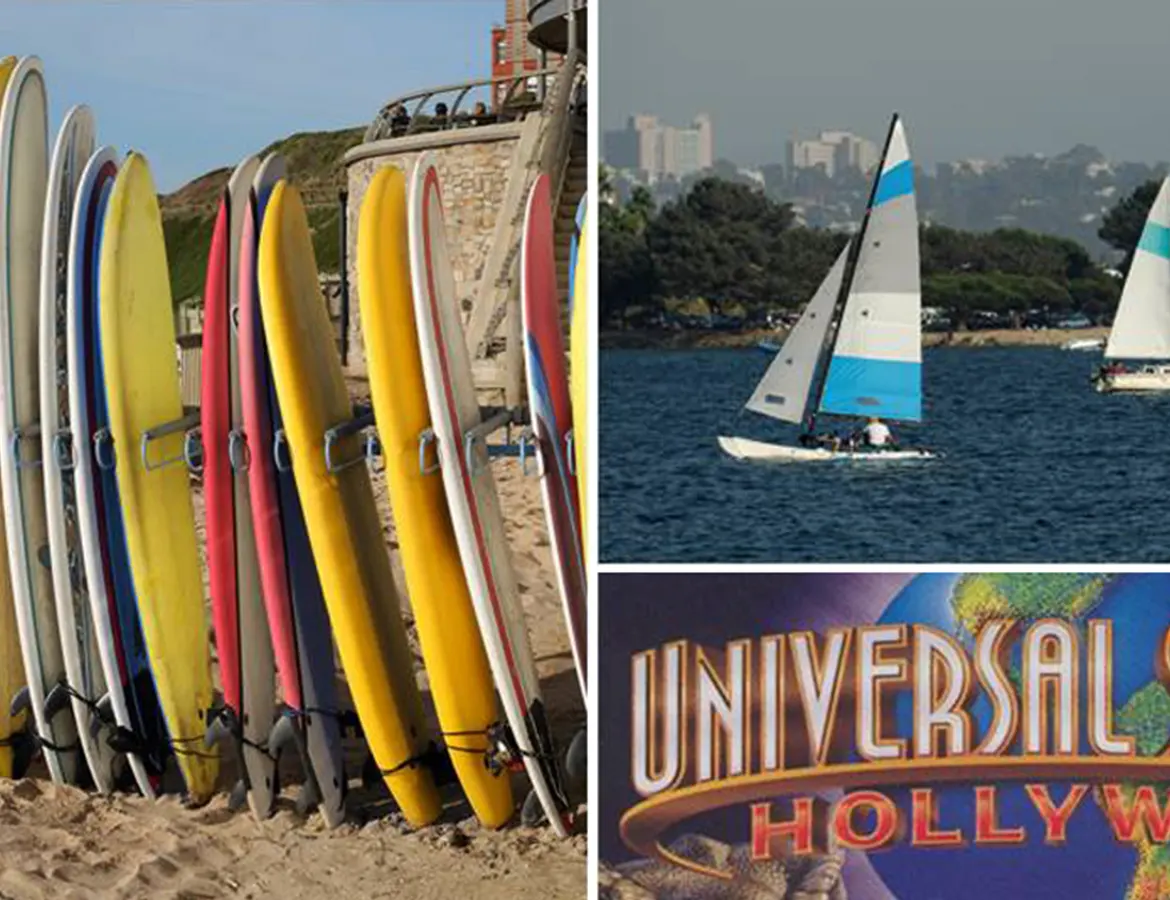
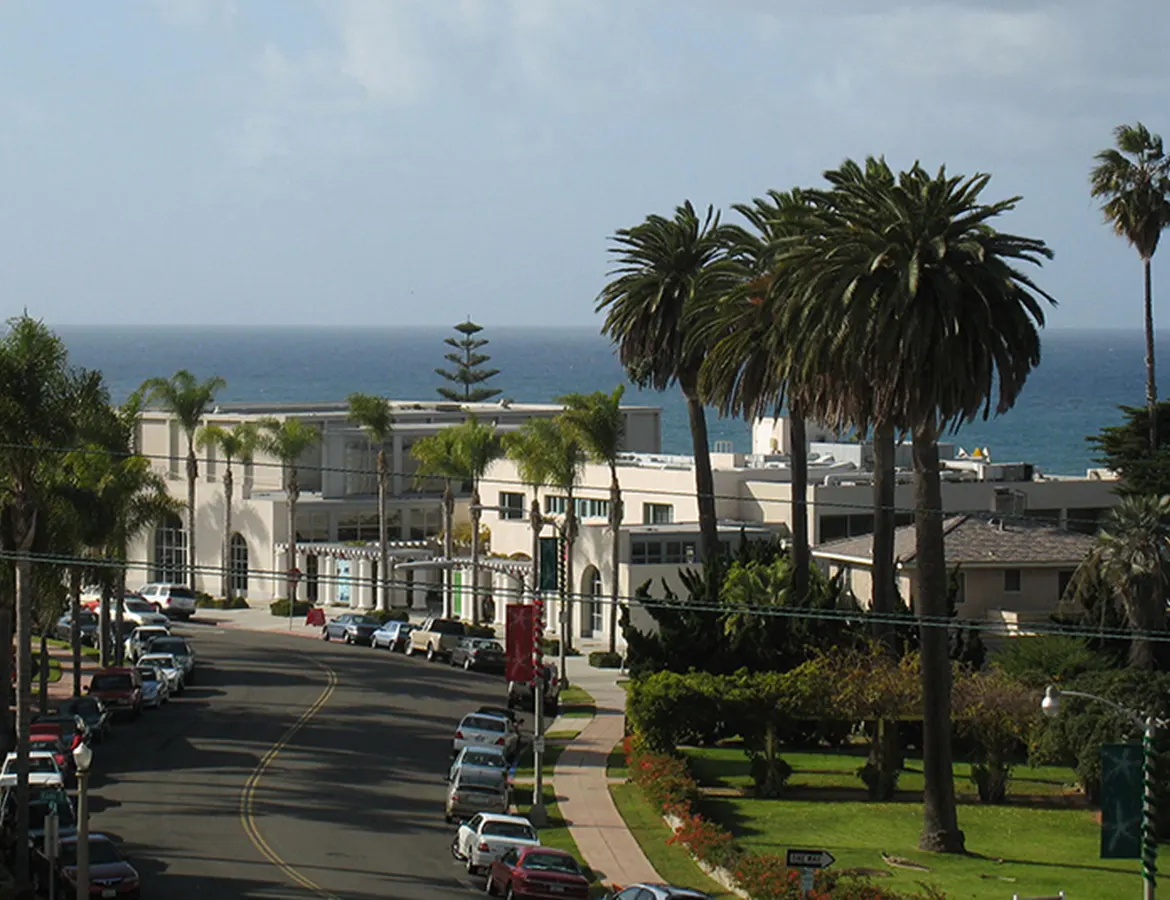
Precios